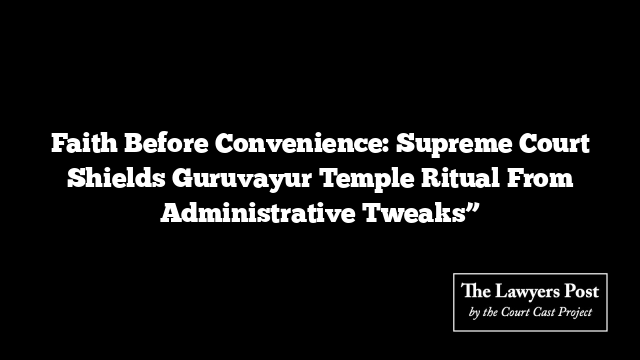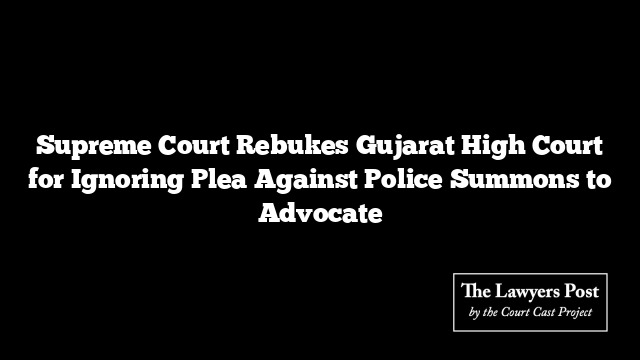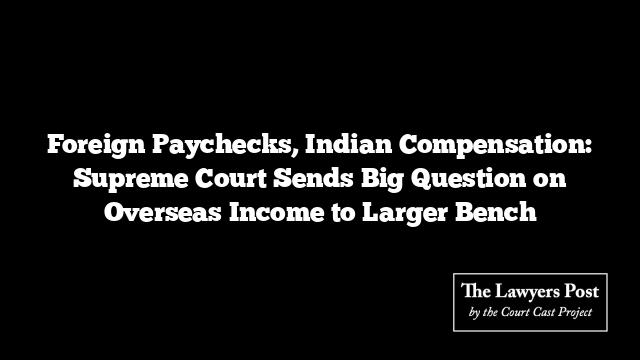Rituals that have lived through centuries of devotion are not to be reshaped for the sake of easier management — that was the Supreme Court’s clear message while examining the controversy surrounding the Udayasthamana Pooja at Kerala’s famed Guruvayur Sree Krishna Temple.
A bench of Justices J.K. Maheshwari and Vijay Bishnoi underscored that traditions deeply woven into a place of worship cannot be tampered with on the pretext of “public inconvenience.” The Court reminded that the faith of devotees stands higher than logistical anxieties.
“A ritual that has endured as a part of long-standing tradition and assumed religious significance ought not be unsettled merely over fears of inconvenience,” the bench observed. “Faith must be respected above managerial ease.”
The dispute revolved around whether the Udayasthamana Pooja — a full-day offering performed on Vrishchikam Ekadasi — should be conducted this year. The temple administration had earlier proposed skipping it, citing crowd control challenges and the need to allow more devotees for darshan.
The Court, however, directed that the pooja must be held on Vrishchikam Ekadasi (December 1, 2025) as per the temple’s enduring customs. It allowed an additional date, November 2, should the administration and the Thantri (chief priest) wish to conduct it again, but made clear that the Ekadasi ritual cannot be replaced or cancelled.
The bench highlighted that Guruvayur’s traditions are centuries old, steeped in religious emotion. Disrupting the Udayasthamana Pooja, which involves five Acharyas and symbolizes the spiritual fullness of the deity, could wound the collective faith of worshippers.
The origins of the dispute trace back to a 2024 decision by the temple administration — backed by the Thantri — to suspend the ritual. Members of the hereditary priestly family challenged this move, arguing that the ritual was instituted by Adi Sankaracharya himself and its absence would desecrate the temple’s sanctity.
The administration countered that the pooja was not an indispensable ritual but an offering (Vazhipadu), adjustable in light of practical needs.
The Kerala High Court, in its earlier ruling, declined to intervene and held that under the Guruvayur Devaswom Act, 1978, the Thantri’s word prevails in matters of custom and ceremony — unless contradicted by law. The High Court had further observed that whether this pooja forms part of temple Acharams (customs) or is merely an offering was a factual question for a civil court to decide.
The Supreme Court, while not passing a final verdict, expressed reluctance to accept the administrative justifications for discontinuation and ensured that this year’s ritual proceeds without interference.





